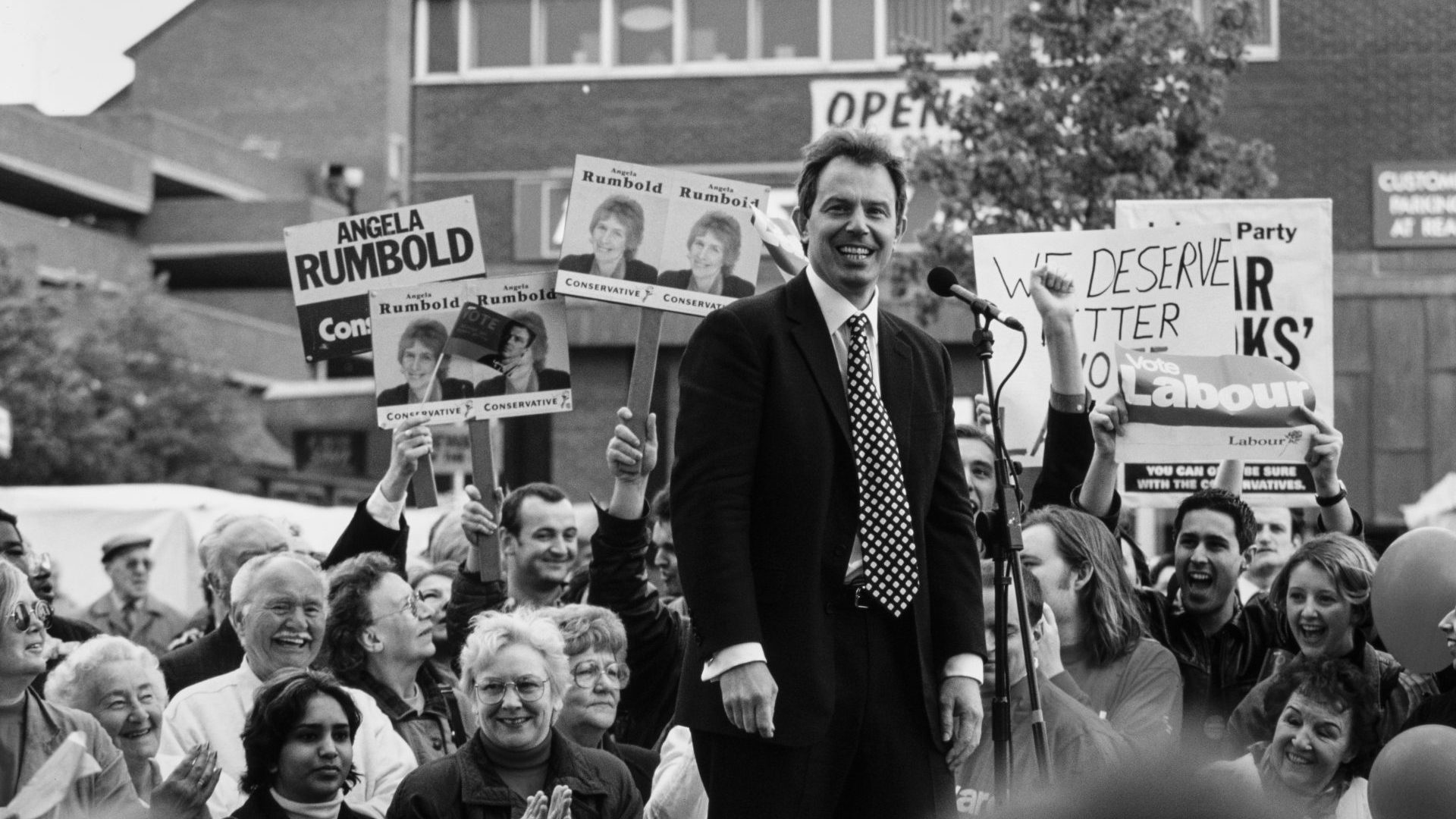As the opinion polls continue to signal a resounding Conservative defeat, their leader is resorting to a familiar “demonise” strategy – the warning that Labour cannot be trusted. This failed dismally when it was used against Tony Blair in 1997, delivering the Tories their worst election defeat in more than 50 years.
No matter how often the party strives to portray Keir Starmer as a Corbyn crony who will revert to his true colours as soon as he enters No 10, the strategy will be equally ineffective this time – because voters do not trust the Conservatives.
Rishi Sunak may like to distance himself from the Boris Johnson era of multiple untruths, but he is adept at twisting the facts to emerge with a version that simply does not ring true to those who live in the real world. Take his assertion, repeated in recent weeks, that the government has “overseen a fall in poverty, particularly child poverty”, since 2010.
On one very narrow measure, there has been a fractional reduction but, on every other measure, poverty levels have been rising. The Joseph Rowntree Foundation estimates that between 2017 and 2022, the numbers of people living in abject poverty doubled and included 1 million children.
People do not have to be victims of poverty to realise the scale of the problem, hence when Sunak takes credit for alleviating child poverty, it really grates with them.
Equally, when he boasts that “Brexit Britain has leapt above France, Japan and the Netherlands to become the world’s fourth-biggest exporter”, most people suspect they are not being told the full story. They are not. The latest figures do indeed show the UK at No 4, but that is because of a thriving services sector.
Any overseas income is to be welcomed, but many areas of the country would benefit from increased manufacturing exports, whereas the services sector is heavily biased towards London. Since 2019, UK goods exports have grown by just 4%, while that of OECD countries grew 23%.
Examples of would-be exporters who have been frustrated by Brexit are all too frequent, and the continuing efforts of Sunak and friends to put a positive gloss on that disastrous act of national self-harm are not only misleading but also misguided, since they are so easily contradicted.
When Sunak endeavours to empathise with ordinary people who are struggling with the cost of living, it falls flat – a fate made even more inevitable by his own extraordinary financial wellbeing. He rounded off his recent state of the nation speech by saying: “But for all the dangers ahead, few are felt more acutely than people’s sense of financial insecurity.” Then he gave the reasons for that predicament: “We’ve been pounded by a series of once-in-a-generation shocks.”
His list started with the global financial crisis of 2008, then cited the pandemic and the energy crisis, issues largely beyond the government’s control. Omitting to mention Liz Truss’s brief but calamitous rampage through Downing Street does not eradicate it. Many mortgage holders will never forgive the Conservative Party for facilitating her premiership.
After the Truss episode, trying to portray Starmer as dangerous is pointless. The six initial promises that Starmer trumpeted last week would be largely welcomed by voters of all persuasions. Who would not want to reduce NHS waiting times or bring about economic stability? “Cracking down on antisocial behaviour” is the stuff of Tory manifestos, as is recruiting more teachers.
The only one of the six promises that has a whiff of socialism about it is the commitment to create Great British Energy. The prospect of a publicly-owned utility might once have been the stuff of Tory nightmares but, given the recent track records of our water or power companies, probably has quite broad appeal.
In short, after what has happened over the last 14 years, any attempt to frighten the electorate into yet another period of government by the Tories in their current incarnation is doomed. So is any attempt to persuade the electorate that the latest version of the Tories is nothing to do with the last.




